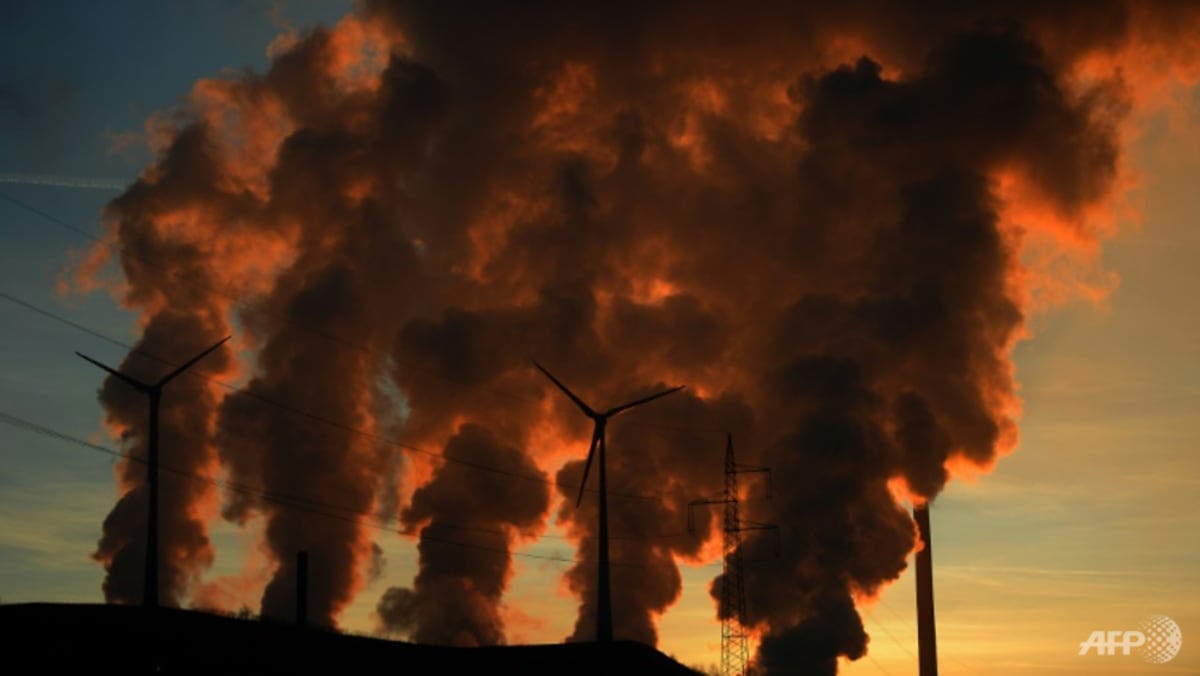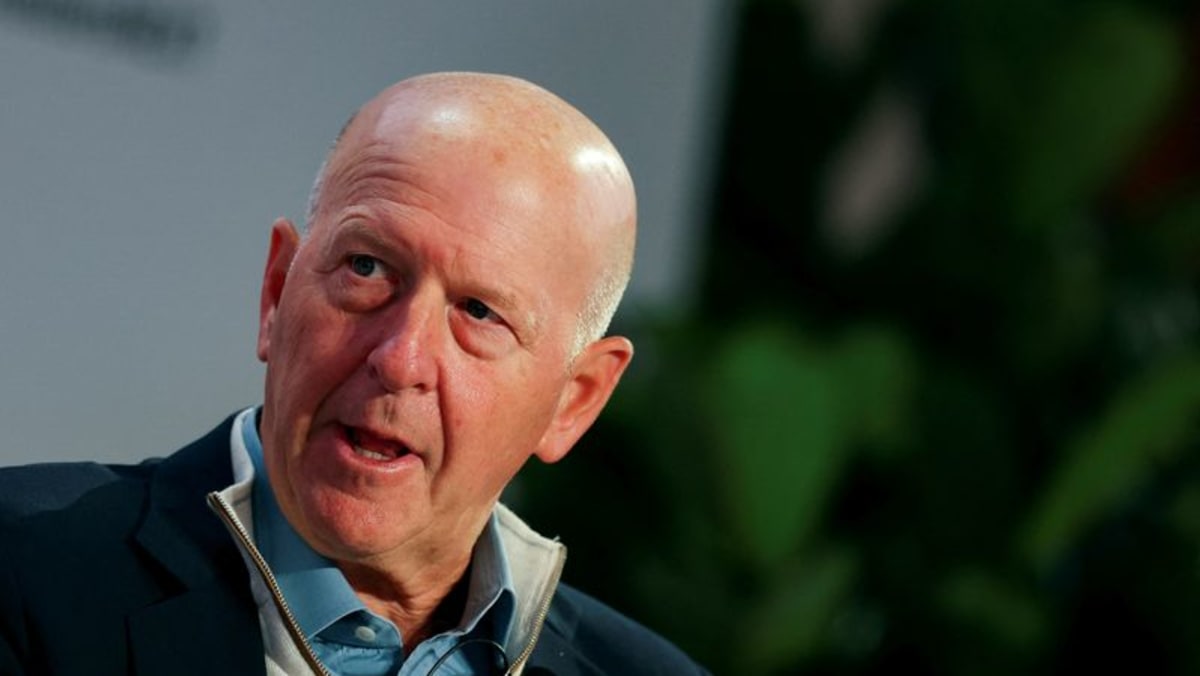The Paris deal climate initiative that could escalate greenwashing

But these credits – bought by corporations hoping to claim themselves “carbon neutral” by compensating for their emissions – are highly controversial.
Numerous scientific studies have found the claimed reductions to be largely overestimated, or even nonexistent.
Critics fear that in a state carbon compensation market, rich countries and in particular fossil fuel-based economies might try to purchase a green image without actually decarbonising.
And while a supervisory body was created to develop a proper methodology, doubts remain about the certification of carbon credits if left to private organisations.
COUNTRIES THAT COOPERATE
Several countries are ready to go. Switzerland, an early adopter, has already closed 13 agreements across Africa, South America, Asia and even Ukraine.
It plans to fund wood stove replacements in Ghana and Peru, and renewable energy infrastructure.
Singapore has signed an agreement with Morocco, and Japan has signed with several countries including Tunisia and Senegal.
According to several media outlets, the United Arab Emirates, host of COP28, is in the process of signing with a number of African nations.
That reportedly includes a deal with Liberia that would grant it the right to “protect” forests on 10 per cent of its territory in exchange for carbon credits.
Saudi Arabia, the largest exporter of crude oil, announced an “Article Six-aligned” scheme in October. Indonesia, the largest exporter of coal, launched its carbon emissions credit trading in September.
Honduras, Suriname, Guyana, Belize, Kenya, Zimbabwe, Democratic Republic of Congo … the list is long for countries lining up to trade their forests for carbon credits.
The European Union does not intend to use carbon credits until at least 2030 but says it will support countries that use them credibly.
Source: CNA















